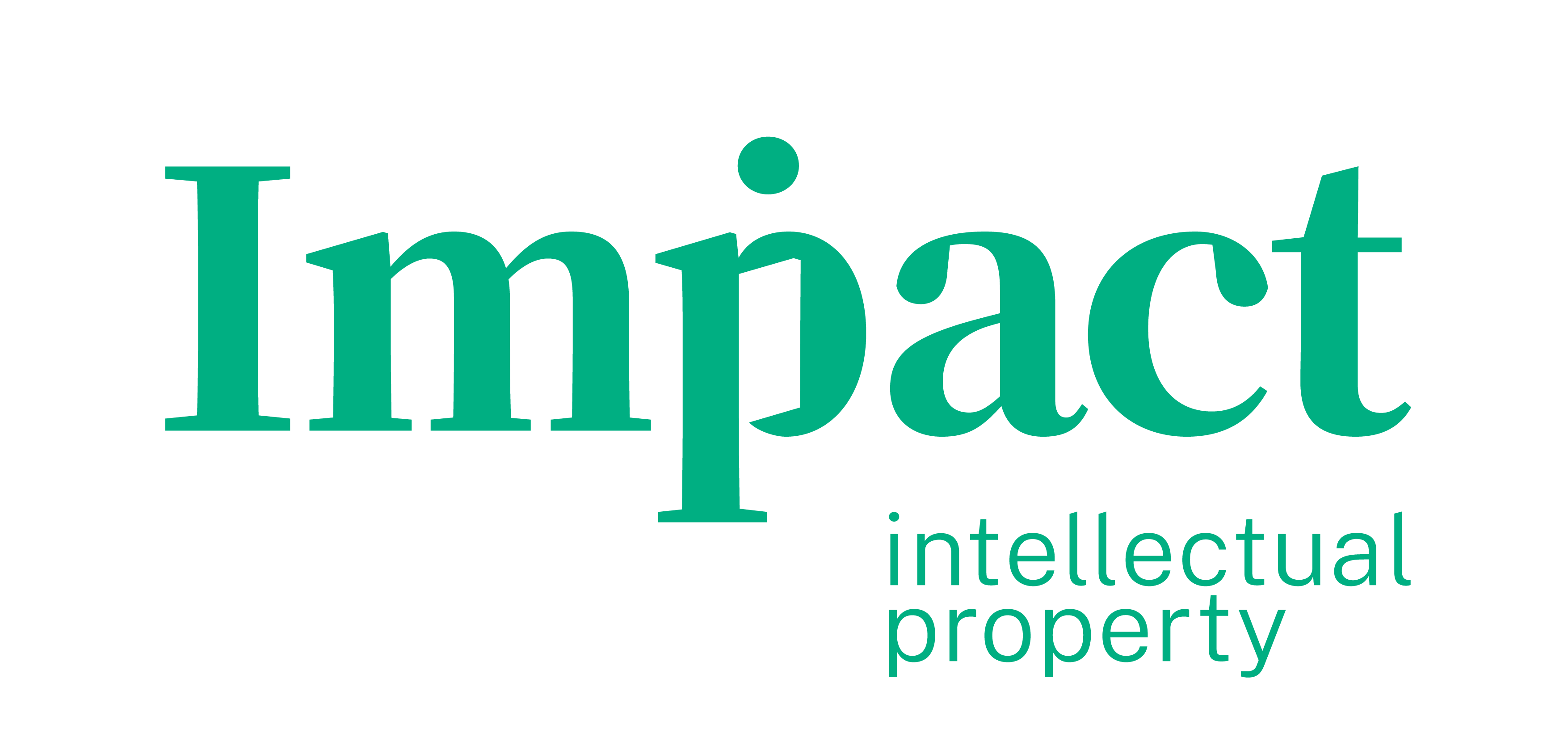Both of these are back on the table and need to be taken into account when preparing patent strategies in Europe. So what are they? And what needs to be considered? There are advantages and disadvantages and some issues which are too nuanced to know if they are good or bad.
The proposed timetable for court and unitary patent to start is 1 October 2022. This means that formal preparatory action can start in July 2022, with planning starting from now. There is still a lot to do to get the system up and running and this ambitious timetable may yet slip by a few months.
Both systems apply to patents granted by the European Patent Office. There are currently 38 member states, with 3 extension states and 3 validation states. On grant, steps need to be taken in each country of interest in order to keep the European patent in that country.
The Unitary Patent
The Unitary Patent will be a single patent covering a number of the EU member states. Of those 38 member states of the EPO, 27 are EU member states. Not all have yet committed to taking part from day 1. Spain and Poland have said that they will not take part. We have yet to see if Croatia will join. There are several other countries who have not yet completed the necessary steps to be part of this system, but that may have changed by 1 October 2022.
The UK is not part of this scheme.
Advantages
If you had planned to keep the EP patent in several countries, then one patent covering all states should be cheaper to
- obtain,
- maintain and
- transfer
Disadvantages
If you had only intended to cover only one or two countries then it may be more expensive to
- obtain and
- maintain
We expect that the break even point, will be around 3-4 countries.
The Unified Patent Court
The Unified Patent Court (UPC) will be a new court structure across the EU which will handle
- patent infringement and
- patent revocation
of both Unitary Patents and other patents granted by the EPO.
If you are a patent owner, the advantage is that you can bring a single patent infringement action in the UPC against one infringer, without having to go country by country across the participating EU member states.
It also means that your patent can be challenged just once in a single court, rather than having to be challenged country by country.
On the other hand, you may find yourself being sued in one EU member state for patent infringement for the actions you take across the EU and that court can make a single decision for the all participating states.
Decisions to make now
Slow down your existing cases to delay grant and opt for a unitary patent
Might you be interested in getting a unitary patent for any of your European applications which are close to grant? If so, then we can take steps to slow grant until after the Unitary Patent starts. The EPO has agreed to hold up grant, but only for the last 3 months of the preparation period, but other procedures are available to delay grant now.
We can find amendments to make the specification once the notice of intention to grant issues. We reject the text and go round the process of a new notice of intention to grant. Each one buys another 4-5 months delay.
If you want a Unitary Patent then the request must be filed within 1 month of the date of grant, rather than the 3 months in which decisions about post grant validation are currently taken.
In that time, we will need to translate the entire patent specification into another European language. This will be a cost which is not currently incurred, unless the case is validated in e.g. Spain.
Opting existing EP patents and applications out of the UPC’s jurisdiction
If you decide to have Unitary Patent, then all patent enforcement for the relevant states will be through the UPC. This is a new court and many seasoned litigators have expressed concern that they don’t know how the court will operate and what sort of decisions it will make.
There is therefore a procedure which allows owners of all existing EP patents to opt out of the UPC’s jurisdiction, so that patents are enforced or revoked through national courts. The opt out will be time limited. Decisions will need to be made as to whether or not to opt your existing patents out of the UPC’s jurisdiction. The opt out can be cancelled if you subsequently want to use the UPC, but there are complex wrinkles and it is suggested that the cancellation can be cancelled in some circumstances. If you did opt out, then your cases would not be at risk of central revocation, without your consent.
This note is an introduction and there is so much more that you may want to know about this new patent and court.
If you want to discuss this further, then please let us know.
Vicki Salmon / Dom Icely
Vicki.salmon@impactip.co.uk / dom.icely@impactip.co.uk

